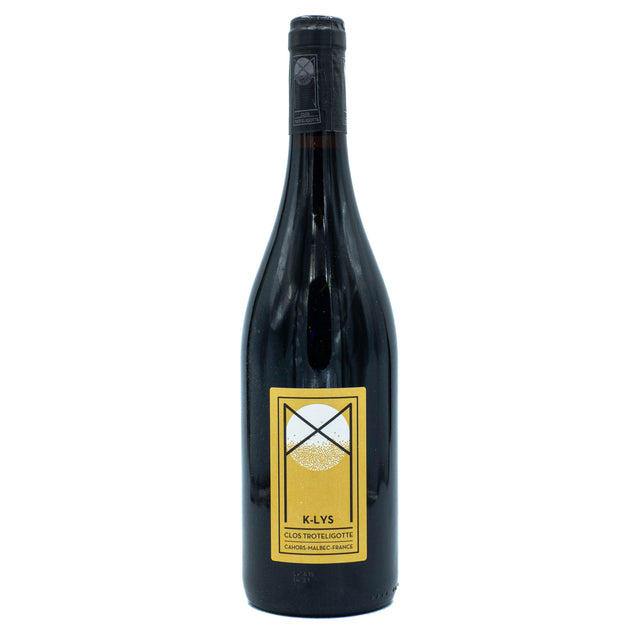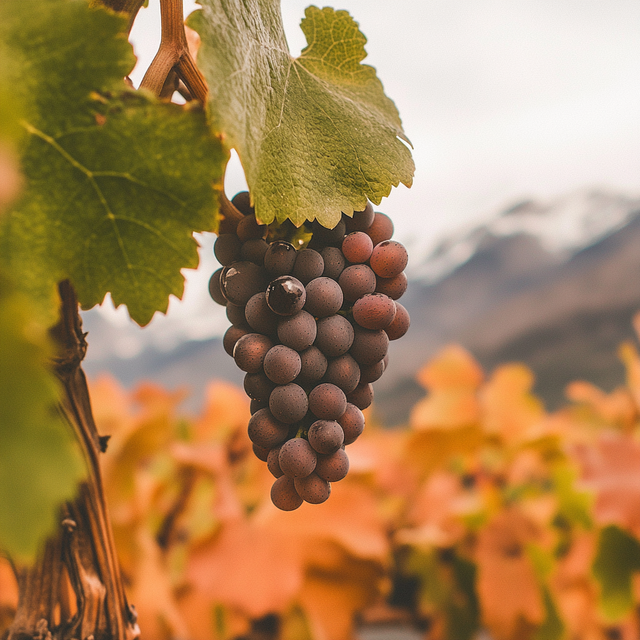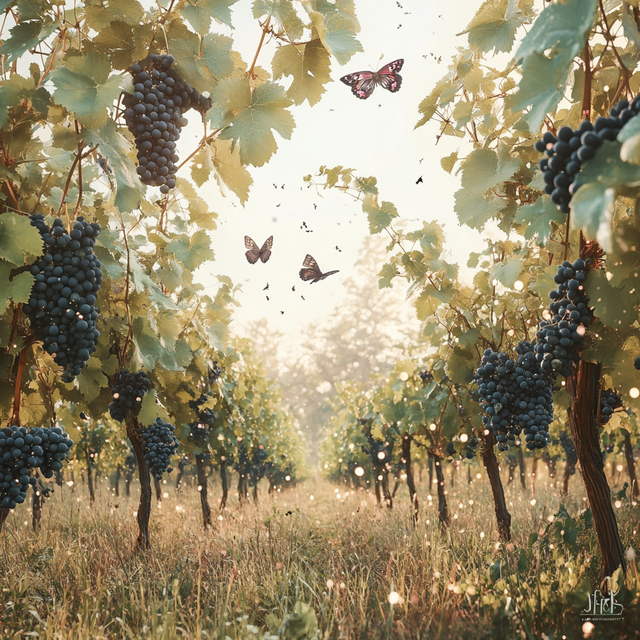Malbec may have originated in France—where it features in Bordeaux blends, thrives in Cahors, and even appears in parts of the Loire Valley—but it’s become synonymous with Argentinian wine culture. This grape typically delivers concentrated dark fruit flavors like blackberry and black plum, accented by a subtle peppery spice and delicate violet aromas. French Malbec tends to be more structured, while its Argentine counterpart emphasizes plush tannins and robust fruit. Across both Old World and New, Malbec captivates with its velvety depth and distinctive charm.
Malbec
Certified Organic farming is an agricultural practice where vineyards adhere to strict regulations prohibiting the use of synthetic pesticides, herbicides, fungicides, and fertilizers. Instead, certified organic growers rely on natural alternatives, including compost, cover crops, and beneficial insects, to nourish the soil and manage pests. Certification requires compliance with established organic standards, typically verified by third-party agencies such as USDA Organic in the United States or EU Organic in Europe. This method emphasizes ecological balance, biodiversity, and sustainability, aiming to produce high-quality grapes and wines while reducing environmental impact and promoting long-term vineyard health. Organic farming is not allowed to use Glyphosate.




